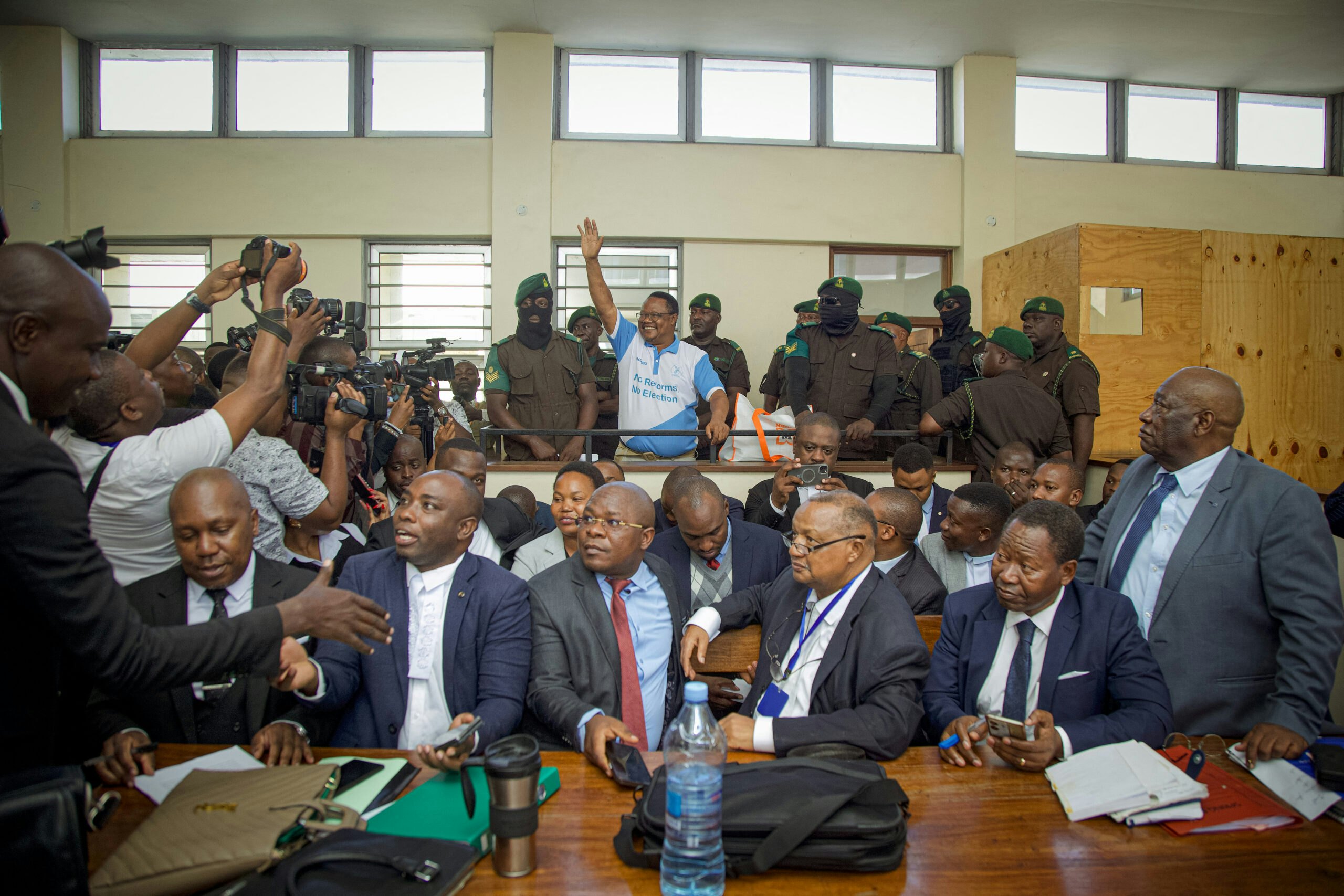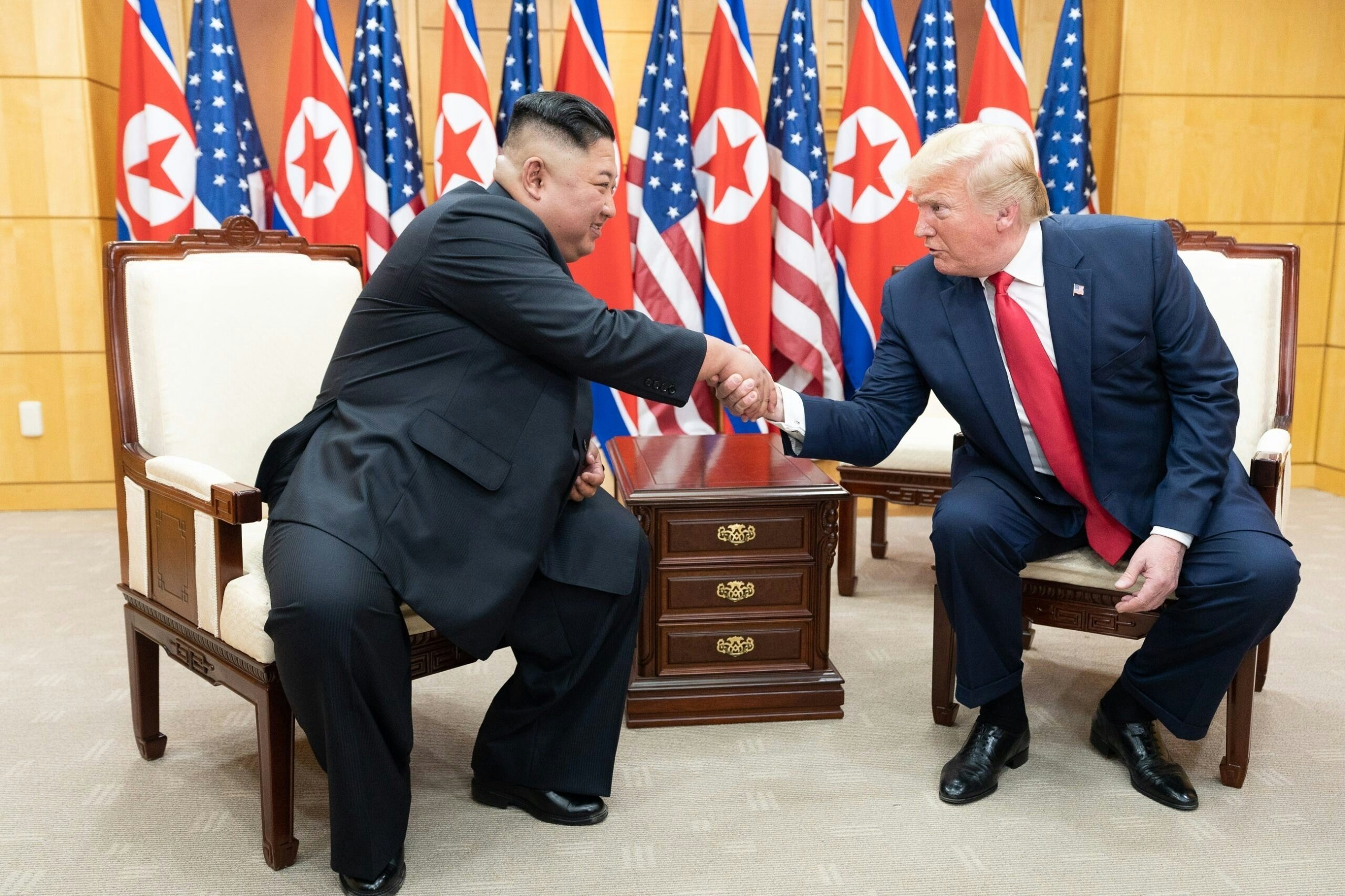Igor Khrestin, Bradford M. Freeman Managing Director of Global Policy at the Bush Institute, discusses why U.S.-China relations are at a critical inflection point.
On the back of the now-infamous spy balloon incident, the newly-formed House Select Committee on the Chinese Communist Party (CCP) held its first hearing this week. The tone and tenor of the proceedings – aside from the disruptions by a handful of anti-war protestors – was somber and sobering, demonstrating the bipartisan consensus on the gravity of the challenge posed to the United States and our allies by an increasingly assertive and belligerent Beijing.
The hearing delved into the gamut of issues that animate the current China debate across the U.S. government: China’s intentions toward Taiwan, China’s support for Russia’s war of aggression against Ukraine, China’s atrocious human rights record, including the technological tools that propel Beijing’s repression against its own people, as well as hot-button topics like the concerns around popular Chinese social media apps like TikTok.
The consensus among lawmakers is that U.S.-China relations are at a critical inflection point. Committee members discussed how the U.S. has underestimated the CCP, especially in wrongly assuming global trade and investment would lead to a more democratic China and in a more secure Indo-Pacific region. Instead, as the chairman of the committee, Rep. Mike Gallagher, R-Wis., stated at the hearing, we are now in “an existential struggle over what life will look like in the 21st century – and the most fundamental freedoms are at stake.”
This stark formulation leaves little room for the Biden Administration’s recent push to improve U.S. relations with Beijing – and it will remain a herculean task for the foreseeable future. Just this week, China hosted Belarusian dictator Alexander Lukashenko – a visit undoubtedly orchestrated by Moscow to entice Beijing to more actively support the Russian war effort in Ukraine. This, in turn, has led the Biden Administration to threaten additional sanctions against China if it were to take a more active position on supporting Moscow, including supplying weapons and drones – actions from which Beijing hitherto abstained for fear of hurting its own economic relations with the United States and Europe.
As the committee’s hearing demonstrated, we are in a race to the bottom in U.S.-China relations. The danger of a destructive armed conflict over Taiwan still looms large. China’s economic rise and subsequent interdependence with our own economy has meant that “decoupling” is difficult to achieve without hurting our own economic interests. China’s technological prowess – gained in many ways with Western blessing and acquiescence – means that the United States needs to urgently rediscover its own “Sputnik moment” and invest heavily in technologies of the future, like artificial intelligence, quantum computing, and advanced robotics.
The “China Challenge” will take time, effort, ingenuity, but most importantly, bipartisan unity to shape a global future favorable to U.S. interests. The select committee and its efforts are a great start and its leaders are to be commended. There is much to be done. We need a comprehensive new policy aimed at strengthening the U.S. defense industrial base, which is now further strained by the war in Ukraine. We need to urgently implement the recommendations of the Congressionally-mandated National Security Commission on Artificial Intelligence, which bluntly found that China “possesses the might, talent, and ambition to surpass the United States” as the global leader if current trends aren’t reversed. Most importantly, we need to build resiliency in our own democracy to withstand the long-term ideological challenge with Beijing and other like-minded authoritarian states, a task of vital importance.































